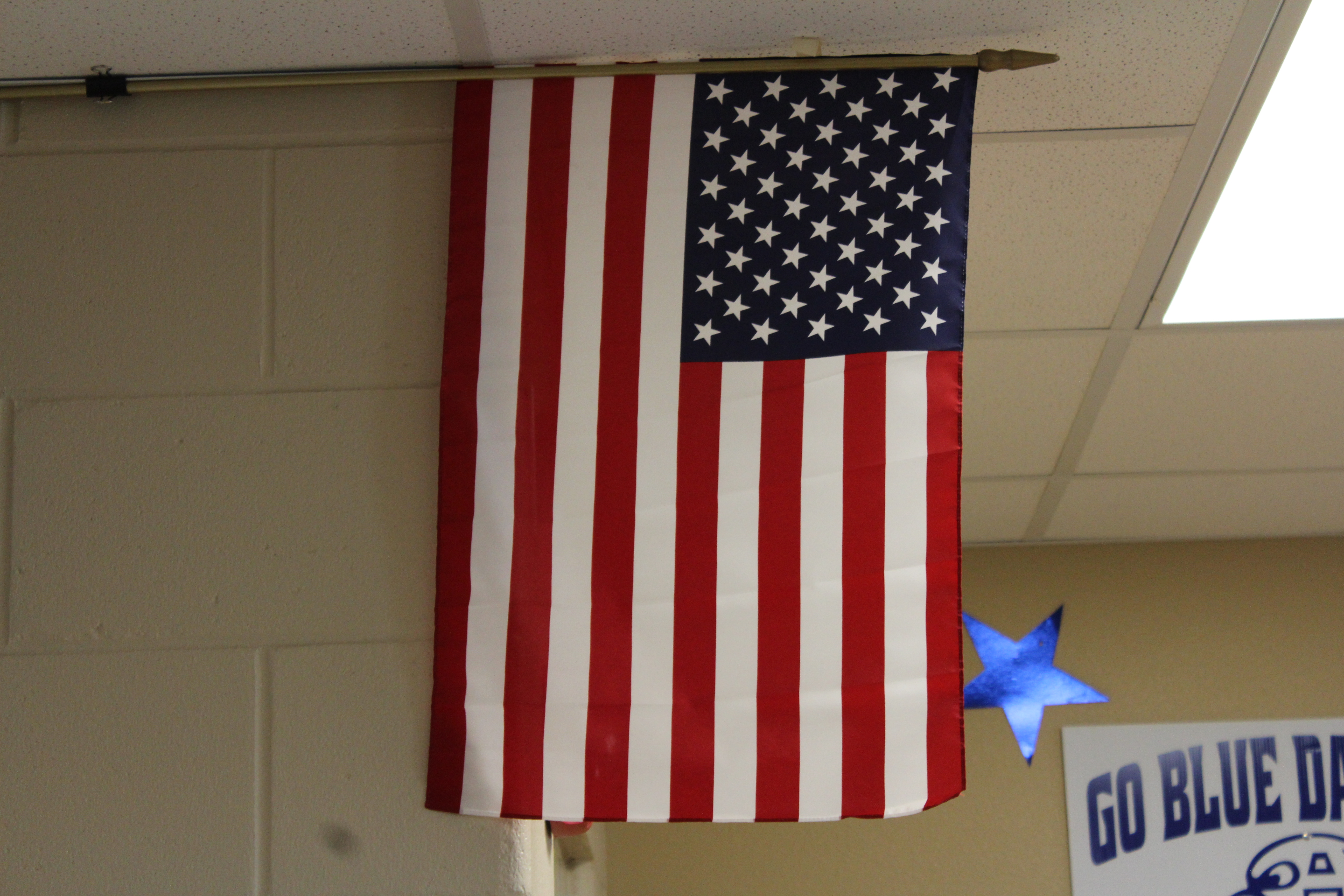By Jordan Jenkins
Given the many controversies that have emerged in recent times pertaining to issues of patriotism — such as those surrounding national anthem and other flag-related protests — it can be understood how so many of these concepts have lately been the subject of heated debates surrounding their place within society.
To be somewhat reductionist, the debate is largely behind held between two contrary camps. One holds a more orthodox view on patriotism that traditionally presents a more positive view of America’s history, glorifying certain institutions — such as the military — and valuing patriotic symbolism.
The other camp, however, typically sits on the opposite end of the spectrum. Their view of American history tends to be less romantic and sentimental, typically harping on perceived injustices within the timeline. Furthermore, this tends to lead to a rejection of symbolism and traditional institutions seen as patriotic.
A recurring theme on both sides, however, is a desire to see the betterment of America, although there do exist differing perspectives about how that could be accomplished. We here at The Blue and White felt it appropriate to ask students here at Apopka High School about how they defined patriotism, what they associated it with, and just how they think that it should be seen within society.
“Patriotism, to me, means a love for my country. And I believe that everyone should have it, and many should embrace it, but recently there’s been a large lack of it because of the criticizing of our government,” sophomore Sawyer Chang said about his views on patriotism. “I’m not saying that’s terribly bad, but I feel like we should stop for a minute and embrace our culture and country as a people instead of criticizing it.”
I also spoke to senior Ayla Sharpe, who said, “ I think that a lot of the time white nationalist try to hide behind patriotism. I think that patriotism, like, has a good meaning to it, but people interpret it differently.”
Autumn Hall, who is a junior here at Apopka High School, holds a more nuanced view of patriotism, saying that, “You know, I don’t really look at patriotism as all the time as a good thing because some people take it too far. I think if you have just the right amount of patriotism, it is a good thing, but if not then it’s not really good.”
Much of her view of patriotism has been shaped by family. “This is very cliche, but I think of the American flag. And I think of the army and the military, and I think of my grandfather because he was in the military and he was in Korea twice and other places as well. I associate it, sort of, with family.”
Junior Al Smith said the aspects he associated with patriotism were characteristically less positive.
“I’ve kind of had sort of a negative connotation in my head of patriotism these past few years of patriotism because it seems to be people blindly sensationalising the military and the government and the country — even though we haven’t been doing very good things pretty much from the very beginning — so I really don’t understand where it all comes from.”
“I don’t think that it is something we should have, because it’s like the building blocks of fascism, like wildly out of control patriotism.”
Regardless of individual opinions, however, there is a general consensus amongst students that we spoke to that patriotism, as a concept, was not an issue. Many who had issues with it rather negatively view its implementation and the societal aspects surrounding its existence in American society. There is little doubt that the discussion will continue for a long time about the nature of patriotism in America, both on a national scale and in places like our school, but if done correctly, it can perhaps result in greater understanding between two sides of a heated debate that can benefit the nation as a whole.

